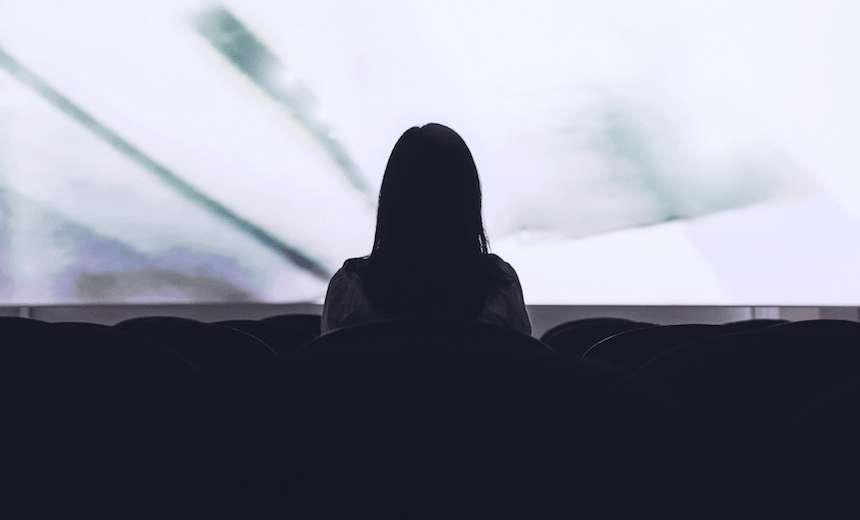Rongoā Māori medicine is about more than lotions and potions, explains Donna Kerridge – it’s also about connection.
Traditional Māori medicine (rongoā Māori) requires a special understanding of the world that acknowledges the interconnectedness of all things and that everything we think, say or do has a corresponding effect on the world around us.
It is less about treating disease and more about caring for people. It is about helping to restore physical and spiritual balance in people, within the context of our environment (family, culture and ecology). Rongoā Māori uses a range of interventions such as karakia, mirimiri, rongoā rākau, matakite and many of our Māori arts to heal. Through Māori healing concepts of tapu and noa, mauri, manaakitanga, whanaungatanga, wairuatanga, kaitiakitanga we are able to heal the land that sustains us and keeps us well. If the land upon which we live is unwell then so too will we be unwell. As the placenta (whenua) is to the unborn child, the land (whenua) is to humankind.
Rongoā Māori acknowledges the special relationship between practitioner and those who seek help and their mutually participatory roles in the healing process. Nothing exists in isolation.
Dis-ease is a consequence and reflection of the derangement of natural (nature’s) order. Rongoā Māori is about restoring core values and natural lore eroded by the social and economic demands in a modern society to enhance wellbeing.
To achieve wellbeing, it is important to acknowledge that the root cause of today’s health issues are often seeded in our changing social values.
As we move further away from traditional values of interdependence to a world that places greater value on independence, our health suffers. Our desire for independence promotes the notion of wanting to own as much we can ourselves rather than contributing to a communal asset and knowledge base in which we all share. This requires us to work a great many hours every week to fund our independence while robbing us of precious time with those we care most about, robust social networks and a full appreciation of our interconnectedness to the rest of the world.
Loneliness is not just the domain of the elderly and the frail. Many people living in busy apartment blocks today may not know another soul in the same building they share their lives with. The volume and transient nature of our work and domestic situations means we often become isolated from our wider families and the places that were once familiar to us. Some people withdraw from their communities as result of being ill equipped or unsupported in their efforts to address self-assigned shame associated with past indiscretions or feelings of inadequacy. Rongoā practitioner Rob McGowan says that for some people being disconnected from their culture can impose a sense of shame akin to walking through a bustling crowd alone and naked. When we are lonely we often make poor food choices, exercise less and withdraw further from social activities to mask the embarrassment of our situation. As a result, our physical health can suffer but more importantly our vitality for life. In some situations, the best medicine we can offer others is our time including our genuine attention and care for them.
Hopelessness to change one’s perceived trajectory in life is a growing concern to many in our population. Whaea Rose Pere once said in a wānanga I attended that one of the greatest sicknesses we have is our craving to constantly compare ourselves with others, our physical attributes, our wealth, our joy, our opportunities and even our aspirations. Social media feeds this growing need to check in to see if our own lives and attributes meet the constantly changing grade set by the wider population. A sense of hopelessness is what underpins our addiction, depression and suicide statistics. Inspiring people by helping them identify the unique gift they offer to the world and their community will deliver a greater improvement in health statistics than feeding our insatiable ego or the discovery of any new medicine could offer.
However, in my view the biggest contribution to ill-health is lacking a sense of purpose beyond satisfying our own immediate needs. At the end of the day we all need something that gives true purpose to our lives. It doesn’t have to be deeds of grandeur but something that speaks to our respective specialness as a citizen of the world and the contribution we make within our community, however humble. It could be as simple as bringing the newspaper indoors each morning for an invalid neighbour and checking in on them. It all makes a difference and together it makes a big difference to the health and wellbeing of others and in so doing, ourselves.
The common denominator amid the accelerating growth of these social issues that affect the health and well-being of our communities is disconnection. Disconnection from people, place and self.
Another aspect of rongoā Māori is developing a strong bond with our ancestors. After all we are their living embodiment and there are many ways we can connect with them in order that they might reveal to us the wisdoms kept within their vast library of ancestral knowledge. What some might call healing miracles are often born of this ancestral bond and it would serve us well to know that miracles are not wishful thinking or figments of imagination. Miracles are real events modern science has yet to explain.
The goal of rongoā Māori is to enhance the mauri or life essence within others. Mauri is the glue that binds the physical to the spiritual to complete us. Mauri is the metaphorical light that shines within each of us. When it shines brightly within us it can be seen in our eyes and our zest for life irrespective of disease. When that light starts to fade we need to work to find what fuel is missing in order to restore its shine.
